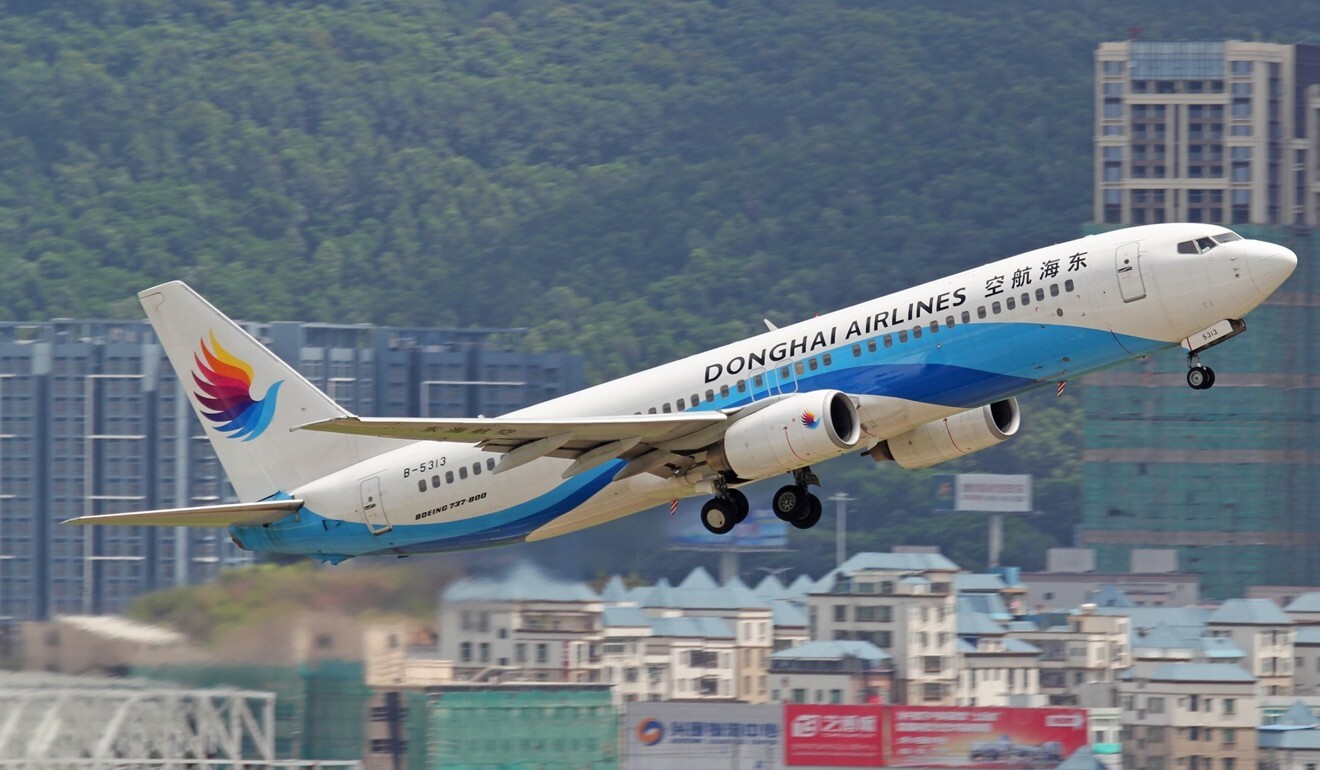
Starting a new airline is a vote of confidence in the region’s future
- Tycoon Bill Wong Cho-bau’s Greater Bay Airlines is in essence what the regional plan from which it derives its name is about – cities working together to make use of their strengths to create better products and services
The world’s aviation industry is in chaos as a result of the Covid-19 pandemic. International air travel has been all but brought to a standstill and airlines have been hit hard. Hong Kong’s de facto flag carrier, Cathay Pacific, is undergoing restructuring after ceasing operations of its regional arm, Cathay Dragon, and cutting a quarter of its workforce.
The decision by a local tycoon to get another airline off the ground in such turbulent times and base it in the city is therefore about more than optimism; it is a vote of confidence in the future.
Greater Bay Airlines has already bought several aircraft, is hiring staff and preparing paperwork. Hong Kong property tycoon Bill Wong Cho-bau, who already operates Donghai Airlines in Shenzhen, is behind the venture and aims to have its aircraft flying next year. If all goes to plan, he intends to have 30 aircraft within five years.
The choice of the name Greater Bay Airlines fits its focus and ambitions; based in Hong Kong, it will synergise with Wong’s aviation business in Shenzhen. The cities, together with Macau and nine others in Guangdong province, are the core of President Xi Jinping’s plan to integrate the region and leverage various strengths to create a technology and innovation powerhouse to rival Silicon Valley.

For the aviation sector, Hong Kong has advantages that mainland cities do not, making it an ideal location from which to base aircraft for passenger and cargo services. When a company based on both sides of the border pools its resources, as Wong intends to do, the benefits and meaning of the GBA can literally take flight.
Starting a new airline in the midst of a pandemic that has closed borders to most travel would appear risky. Nor does embodying the notion of the GBA in a company guarantee success. But Wong has chosen his time carefully, taking advantage of the space created by the closure of one airline to obtain aircraft, pilots and cabin crew and expertise.
He can train staff so that they can be familiar with operations on both sides of the border, enhancing the company’s flexibility. In essence, this is what the GBA is about – cities working together to make use of their strengths to create better products and services.
Business travel and tourism will return as science and medicine tame or defeat Covid-19. Article 128 of the Basic Law, the mini-constitution under which Hong Kong is governed under the “one country, two systems” principle, dictates that the government has to maintain the status of the city as a centre of international and regional aviation.
Wong is making use of that provision, adding his expertise and being optimistic. Hong Kong, like the rest of the region, has to adopt that same positive thinking and entrepreneurial spirit as it looks to the future in the GBA.

